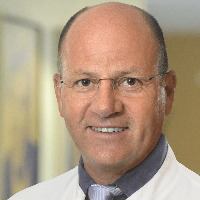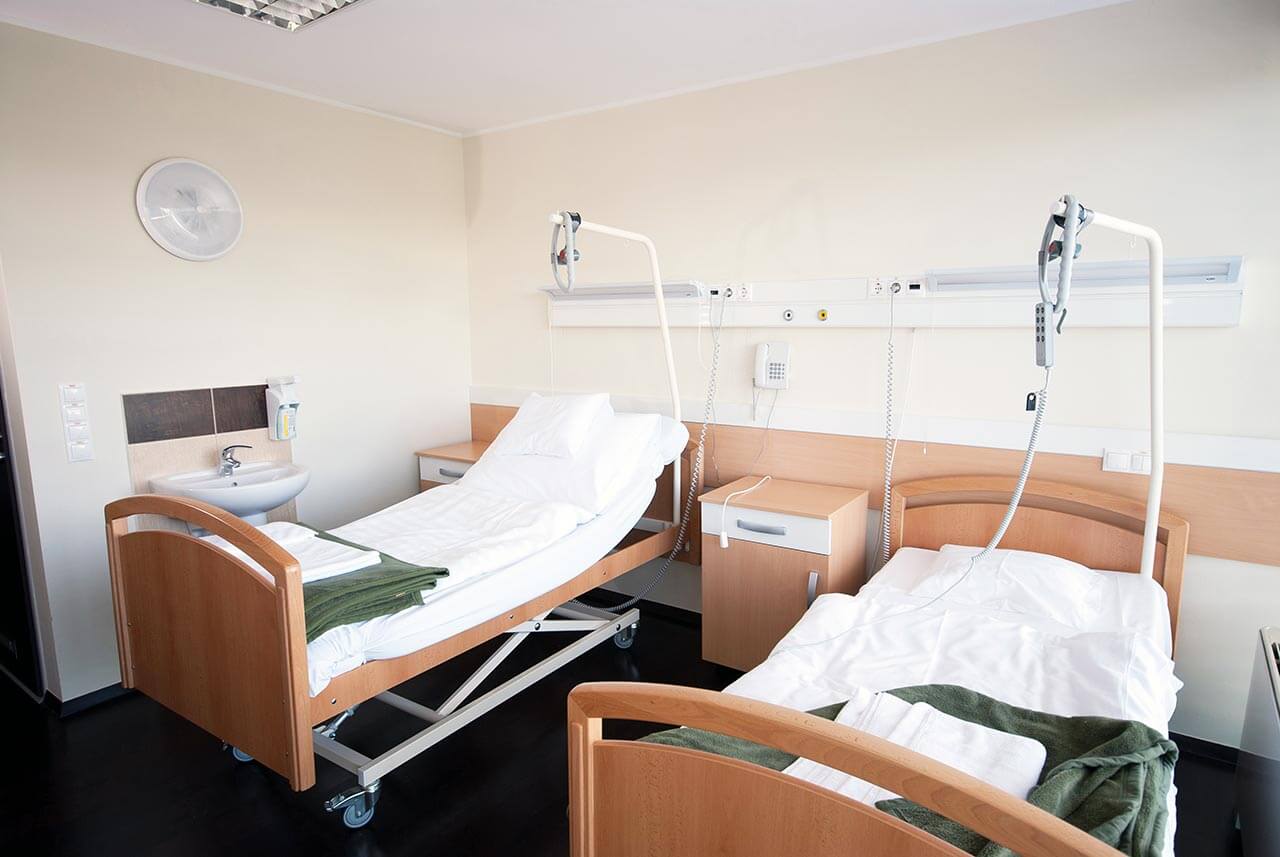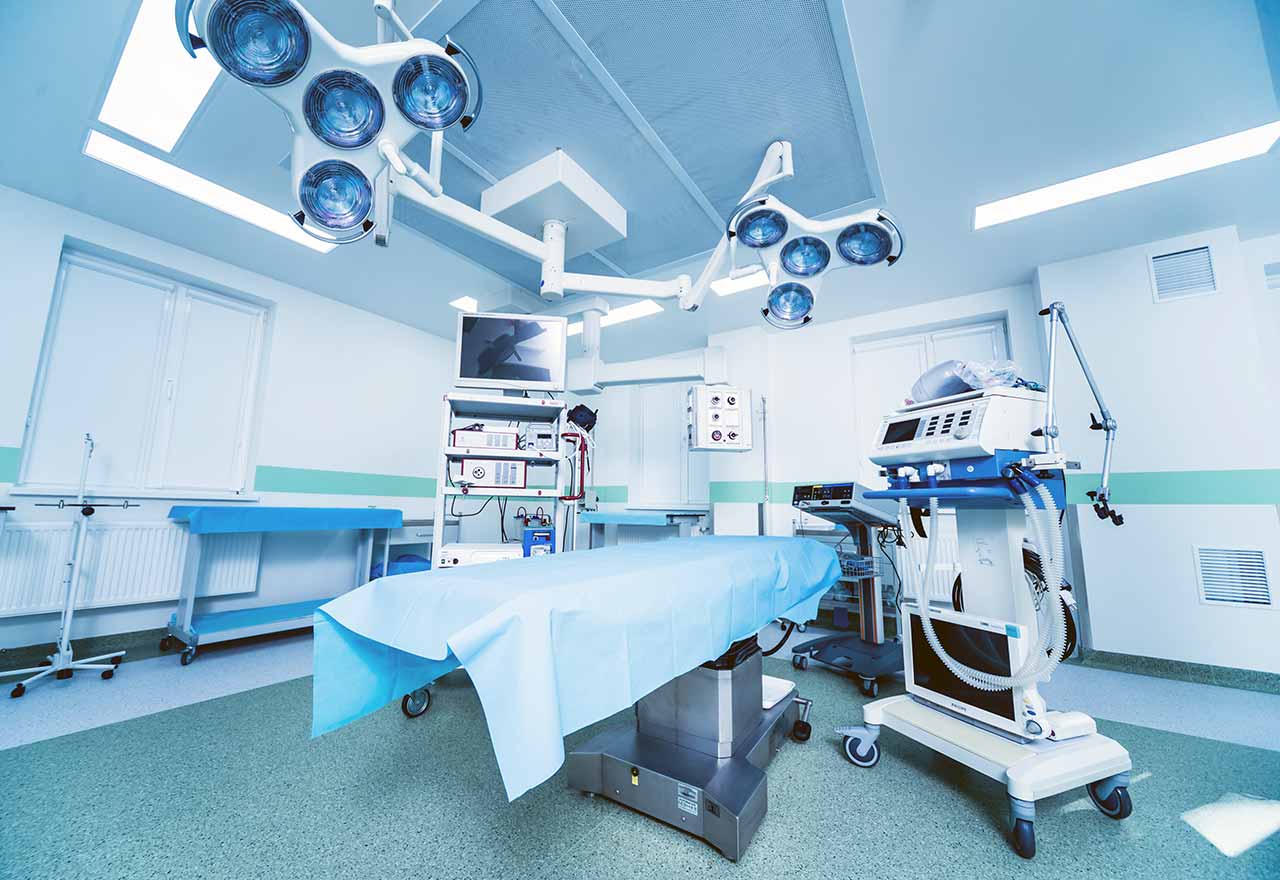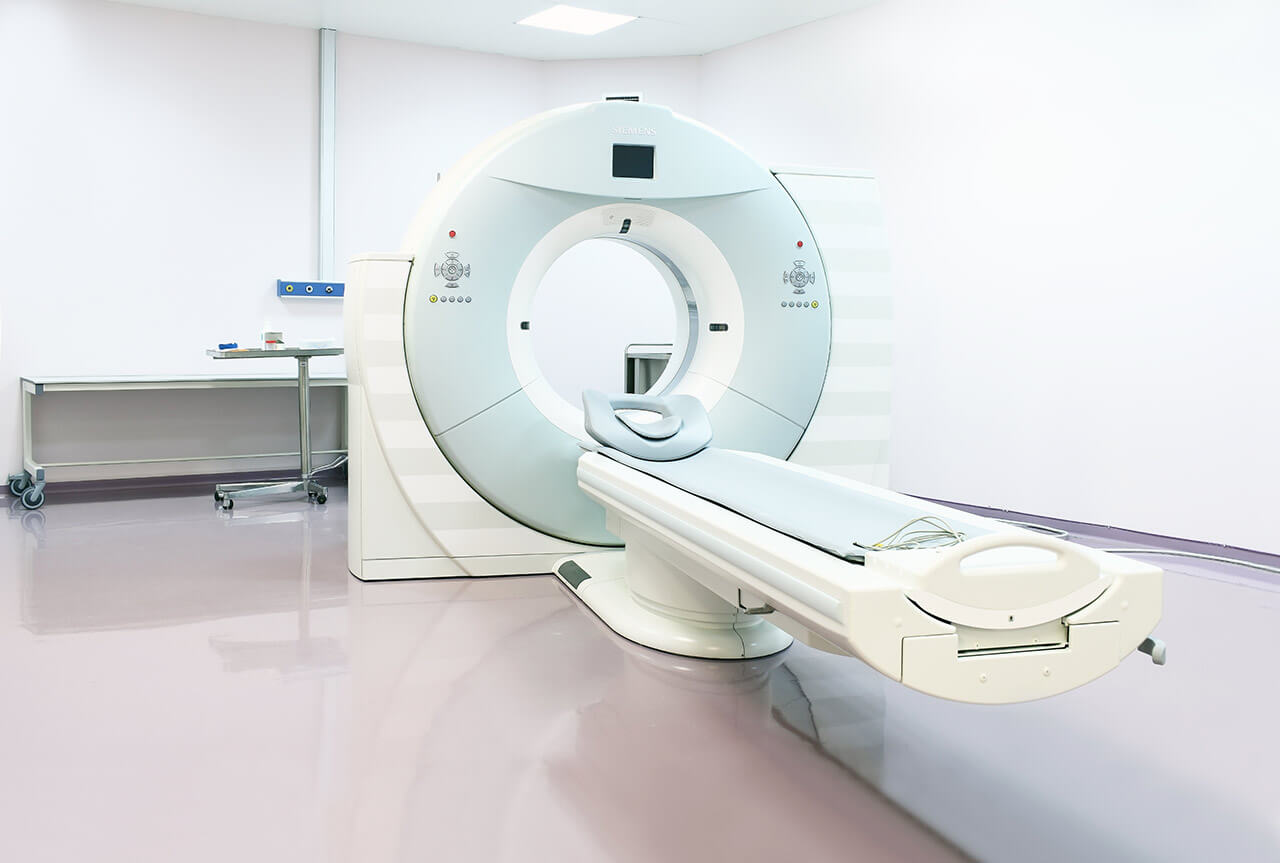
About the Department of Urology at HELIOS University Hospital Wuppertal
According to the reputable Focus magazine, the Department of Urology at the HELIOS University Hospital Wuppertal ranks among the top German medical facilities in the field of its competence!
The department's team of doctors specializes in the diagnostics and treatment of the full range of diseases of the kidneys, bladder, ureters and male reproductive system. The department's doctors focus on patients with urologic cancers: prostate cancer, testicular, bladder, kidney and adrenal cancers. The department's urologists quite often admit patients with benign urologic diseases, including benign prostatic hyperplasia, kidney stone disease, and urinary incontinence in women and men. The department boasts an excellent infrastructure, as it has an in-house X-ray unit, four state-of-the-art operating rooms for endoscopic procedures, and several operating rooms for open and minimally invasive surgery. In addition, the pride of the medical team is the most advanced da Vinci surgical system that allows performing low-traumatic operations for prostate, kidney, adrenal and bladder diseases. As of today, robot-assisted interventions are a breakthrough in surgery and are available only in the best European medical centers. With more than 3,600 inpatients every year, the department enjoys a reputation as the largest urology medical center in Germany and has everything necessary for high-quality treatment of urologic diseases of any severity.
The Head Physician of the department is Prof. Dr. med. Stephan Roth. According to the Focus magazine, the specialist is one of the best doctors specializing in the treatment of prostate cancer, kidney cancer, bladder cancer and benign prostatic hyperplasia.
Oncological diseases are most common in the department's clinical practice, and therefore one of the main goals of the medical team is to provide effective treatment for prostate, testicular, kidney, adrenal and bladder cancers. It is worth noting that the department is certified as the Prostate and Kidney Cancer Center by the German Cancer Society (DKG). This certification means that the patient can count on use of the very latest treatments for oncological pathologies, the availability of modern equipment, the exceptional professionalism of doctors and high treatment success rates. In most cases, the treatment regimen for urologic cancers is based on surgical resection of the malignant tumor, and at the advanced stages of cancer, total removal of the affected organ may often be required. In addition to surgical treatment, the use of chemotherapy, radiation therapy, hormone therapy or immunotherapy is mandatory – the type of therapy required is determined depending on the specific clinical situation. The department's urologists have vast experience in the treatment of malignant diseases, cooperate closely with oncologists and radiation therapists, and follow the current guidelines of professional European societies when planning the therapeutic process. The availability of state-of-the-art surgical equipment in the department, including the da Vinci surgical system, also contributes to the successful treatment outcomes. The robot-assisted system allows performing a low-traumatic surgery while maintaining the integrity and functionality of the affected organ. Doctors approach each clinical case with maximum responsibility, as well as do everything possible to restore the patient's health and provide him with a decent quality of life.
The department’s therapeutic offer includes not only cancer treatment. Of particular interest to the department's urologists is the treatment of benign prostatic hyperplasia. The pathology most often affects men of mature and old age, causing such unpleasant symptoms as impaired urinary outflow, painful urination, nocturia. In the most complex clinical cases, the patient develops ischuria (urinary retention). The first-line treatment for patients with benign prostatic hyperplasia is usually pharmacotherapy. If the pathology has reached the advanced stages and cannot be treated with pharmacotherapy, the department's specialists consider one of the following surgical procedures: transurethral resection of the prostate, holmium laser enucleation of the prostate, or open surgery. The department’s doctors rarely resort to the last option.
The team of the department's urologists also often admits patients with kidney stone disease. The choice of treatment method depends on the location of the pathological process, the size and number of calculi in the kidneys and urinary tract. To cure pathology, the specialists use laser technologies, extracorporeal shock wave lithotripsy and minimally invasive interventions. After studying the results of the preliminary diagnostics, the attending physician determines which therapy option is best for the patient. Kidney stone disease often has a recurrent nature, therefore, after the completion of treatment, the patient receives recommendations for recurrence prevention.
An integral part of the department's clinical activity is the conservative and surgical treatment of urinary incontinence. The pathology often develops in women, and therefore medical care is provided in cooperation with gynecologists. First of all, the specialists determine the type of urinary incontinence and the stage of the pathology. Whenever possible, doctors resort to conservative treatment with biofeedback and electrical stimulation, the use of special sets of physical training to strengthen the pelvic floor muscles, iontophoresis, etc. If the above mentioned methods do not give the desired result, doctors opt for more radical treatments: botox injections or minimally invasive interventions (for example, Burch colposuspension).
Special attention should be given to the high professionalism of the department's doctors in the field of robot-assisted interventions using the innovative da Vinci surgical system. The department offers a wide range of robot-assisted surgeries, ranging from organ-preserving operations for kidney tumor removal and adrenalectomy, cystectomy to nerve-sparing radical prostatectomy. On average, the duration of the robot-assisted surgical intervention is 3-4 hours. The period of hospitalization after the operation does not exceed 7 days. Robot-assisted procedures are performed through small skin incisions, the movements of the surgeon's hands are reproduced by the robot arms. However, this does not mean that the operation is performed by the robot. During the entire surgical intervention, the surgeon operates a special control console, with the help of which he sets commands to the robotic device and monitors their implementation. The da Vinci surgical procedures are performed only by specially trained surgeons. The arms of the robot-assisted surgical system are equipped with miniature surgical instruments, which excludes trauma to healthy tissues. Recovery after surgery occurs as soon as possible, while this type of surgery is highly effective.
The department's key clinical focuses include:
- Diagnostics and treatment of malignant urologic diseases and adrenal pathologies
- Prostate cancer
- Testicular cancer
- Kidney cancer
- Adrenal cancer
- Bladder cancer
- Diagnostics and treatment of benign urologic diseases
- Benign prostatic hyperplasia
- Kidney stone disease
- Urinary incontinence
- Other pathologies
The department's therapeutic range of services includes the following options:
- Conservative treatment methods
- Chemotherapy, radiation therapy, hormone therapy and immunotherapy for cancers
- Pharmacotherapy for benign prostatic hyperplasia, kidney stone disease and urinary incontinence
- Extracorporeal shock wave lithotripsy for kidney stone disease
- Surgical treatment methods
- Open and minimally invasive surgery for urologic cancers
- Transurethral resection of the prostate, holmium laser enucleation of the prostate and open surgery for benign prostatic hyperplasia
- Minimally invasive surgery for kidney stone disease and urinary incontinence
- Robot-assisted da Vinci surgery
- Organ-preserving removal of kidney tumors
- Nephroureterectomy (ureter and kidney removal)
- Adrenalectomy (adrenal gland removal)
- Nerve-sparing radical prostatectomy (prostate removal)
- Prostate enucleation (prostate adenoma removal)
- Radical cystectomy (bladder removal)
- Bladder diverticulum resection
- Reconstructive surgery for ureteral stenosis
- Ureterolysis (ureteral surgery)
- Other treatment methods
Curriculum vitae
University Education and Professional Career
- 1976 - 1983 Study of Medicine at the RWTH Aachen University.
- 1983 - 1985 Assistant Physician in the Department of Urology, Hospital at the University of Paris.
- 1985 - 1988 Assistant Physician in the Department of Adult and Pediatric Urology, hospital in Dueren.
- 1989 Board certification in Urology; Head Physician of the Department of Urology at the hospital in Dueren; scientific internship at the University of Rennes 1, France.
- 1992 Head Physician of the Department of Urology, University Hospital Muenster.
- 1994 Physician in the Department of Urology, Harvard Medical School, Massachusetts.
- 1992 Head Physician of the Department of Urology at the HELIOS University Hospital Wuppertal, as well as Professorship at the Witten/Herdecke University.
Clinical interests
- Nerve-sparing prostate cancer surgery.
- Bladder and urethral reconstructive surgery.
- Ureteral plastic repair.
- Transurethral urologic interventions.
Photo of the doctor: (c) Helios Universitätsklinikum Wuppertal




